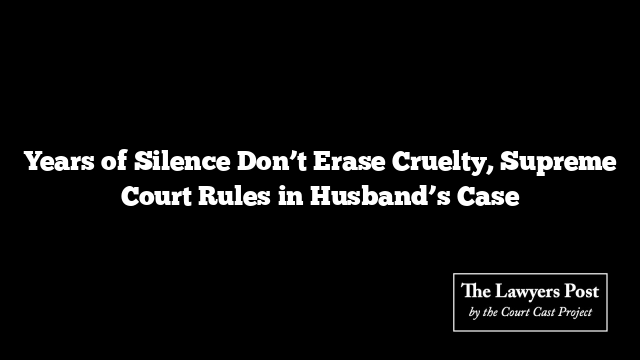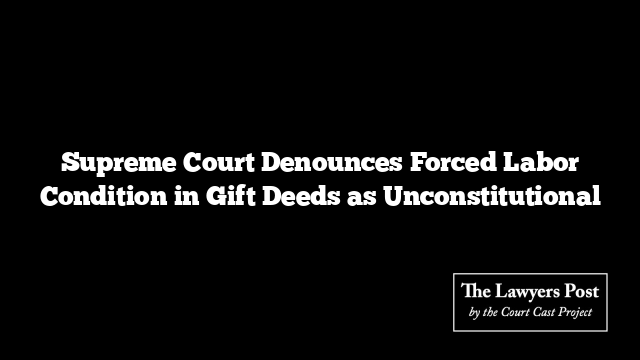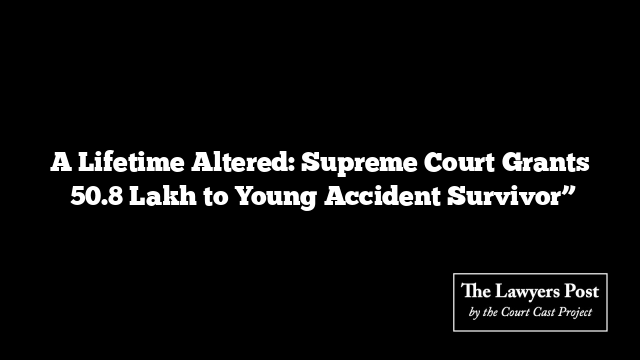In a landmark decision, the Supreme Court ruled that the absence of a complaint under Section 498A of the Indian Penal Code (IPC) over several years does not negate claims of cruelty within a marriage. This judgment arose from a case where a husband sought discharge from allegations of cruelty and abetment of suicide following his wife’s tragic death.
The case centered around a woman who, after 12 years of marriage, ended her life. Her father lodged a complaint under Sections 498A and 306 IPC, accusing the husband of selling her gold ornaments—a part of her streedhan—and subjecting her to physical and mental abuse when she demanded their return.
The Court found substantial merit in the allegations, noting that the woman had frequently spoken about cruelty during her marriage. A bench comprising Justice Vikram Nath and Justice Prasanna B. Varale dismissed the husband’s plea for discharge, stating:
“Merely because the deceased did not file a formal complaint for twelve years does not mean there were no instances of cruelty or harassment.”
The judgment underscored the legal interpretation of “cruelty” under Section 498A IPC. It clarified that cruelty encompasses willful conduct likely to drive a person to suicide or inflict severe harm, as well as harassment intended to coerce unlawful demands for property or valuables. The Court emphasized that cruelty must involve specific intent to inflict grave harm or coerce the victim.
However, the Court found insufficient grounds to uphold the charge of abetment of suicide under Section 306 IPC and discharged the husband of this offense.
This decision sheds light on the complexities of addressing domestic cruelty within the legal framework, affirming that prolonged silence by a victim does not invalidate their suffering or the gravity of their allegations.





